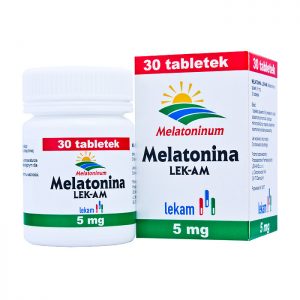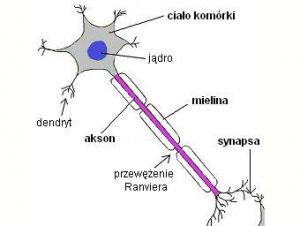Omega-3 fatty acids and mental health


Last modified: 29-03-2020
It is widely known about the beneficial effects of omega-3 fatty acids on the cardiovascular system, but not everyone knows that these compounds also have a positive effect on mental health.
The nervous system contains over 60% fatty acids, of which 30% are polyunsaturated fatty acids, which include omega-3 fatty acids. They take part in the synthesis of neurotransmitters, their degradation and in the process of reuptake. Polyunsaturated fatty acids also make up 20% of the brain’s dry matter.
Cognitive Abilities
Many studies indicate that a diet rich in omega-3 fatty acids has a positive effect on cognitive functioning. Whalley and colleagues examined the intellectual performance of 64-year-olds, whose intellectual abilities were also tested in childhood when they were 11 years old. Better results in tests were obtained by those who regularly took dietary supplements, especially fish oil. Similar results were obtained by Norwegian researchers who tested seven cognitive tests with over 2,000 healthy people over the age of 70. In all tests, better results were obtained by people who in an interview about their diet admitted that they often eat fish (at least 10g per day). Dutch researchers have shown that people over the age of 50 who have high plasma levels of omega-3 fatty acids have a slower rate of cognitive decline, characteristic of older people, than people whose plasma levels are lower.
The beneficial effects of omega-3 acids on cognitive functioning are also shown in experimental studies. For 35 days, Italian researchers gave one group of people (aged 22-51) dietary supplements containing 4g of omega-3 acids (specifically EPA and DHA), and the other group of patients placebo. At the beginning of the experiment and after 35 days, they took among others their reaction time in attention tests, mood and blood and EEG tests. People who took fatty acids achieved better results in attention tests after the experiment, their mood also improved. They had a lower level of anger, anxiety, fatigue, depression and embarrassment, and a higher level of vigor. Also, EEG studies in these people showed a positive effect of taking a dietary supplement.
Depression
Omega-3 fatty acids improve the mood not only in healthy people, but also reduce symptoms in people with depression. Research in Canada has shown that administration of EPA and DHA fatty acid tablets for 8 weeks is as effective as taking typical antidepressant drugs. The American Association of Psychiatrists recommends 1 g per day of EPA + DHA as a supplement to the pharmacological treatment of depression.
Aggression
According to research, a diet rich in omega-3 can also reduce impulsive behavior. Proof of this include Gesch’s research from the University of Oxford. He conducted an experiment among over 200 young prisoners. Half of them changed their diet, adding variety to meals and adding supplements with vitamins, mineral salts and omega-3 fatty acids, while the other half did not have any changes in their diet and took a placebo. A significant drop in aggression was observed in the group that took the supplements, which however returned to the initial level after the end of the experiment and return to the old diet. Similarly, from statistical data collected by Hibbeln, it appears that people who ate a lot of fish in childhood, are less aggressive, less often appear in police files and less often commit crimes.
References:
- Agnieszka Wilczyńska (2012) Kwasy tłuszczowe w diecie człowieka a jego funkcjonowanie poznawcze i emocjonalne. Neuropsychiatria i Neuropsychologia, 7(1), 35-42
- Suplementy złożone z omega-3 dowodzą, że są skuteczne przeciwko depresji
Author: Maja Kochanowska






Add comment